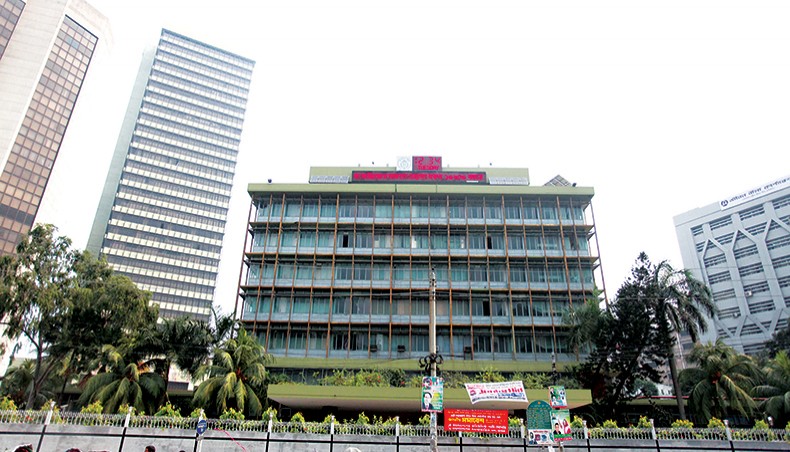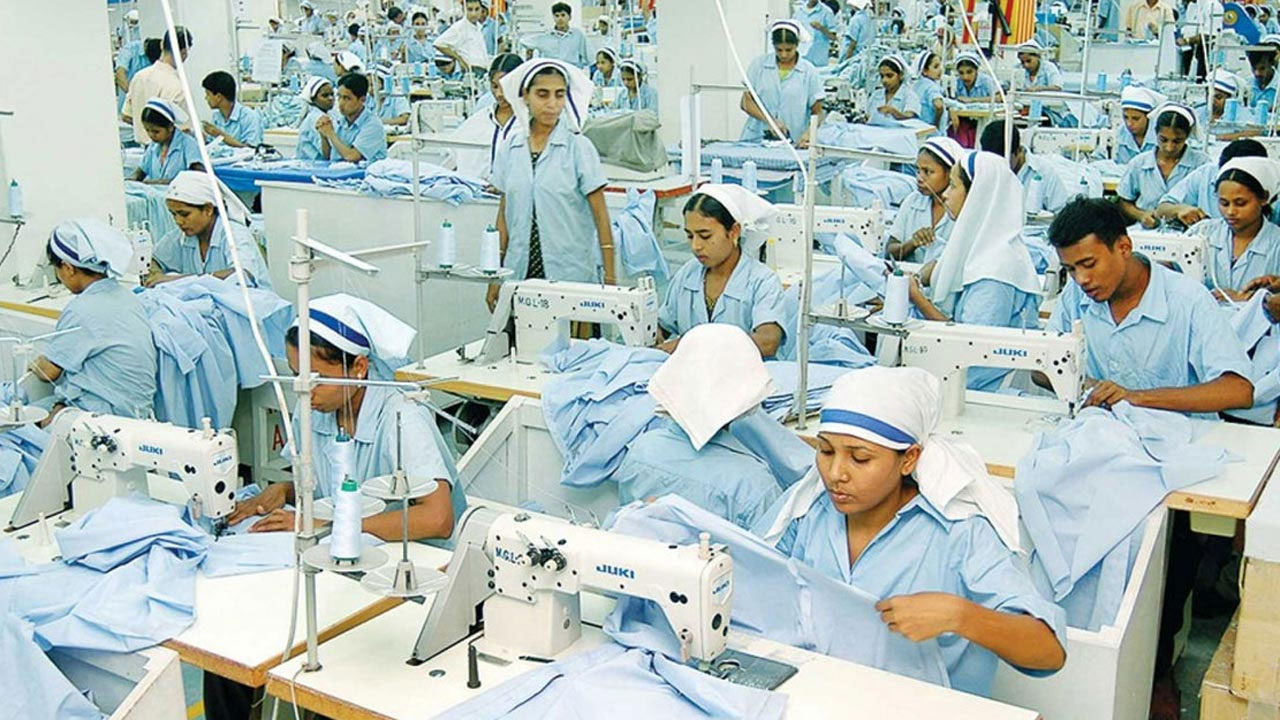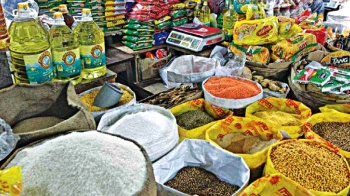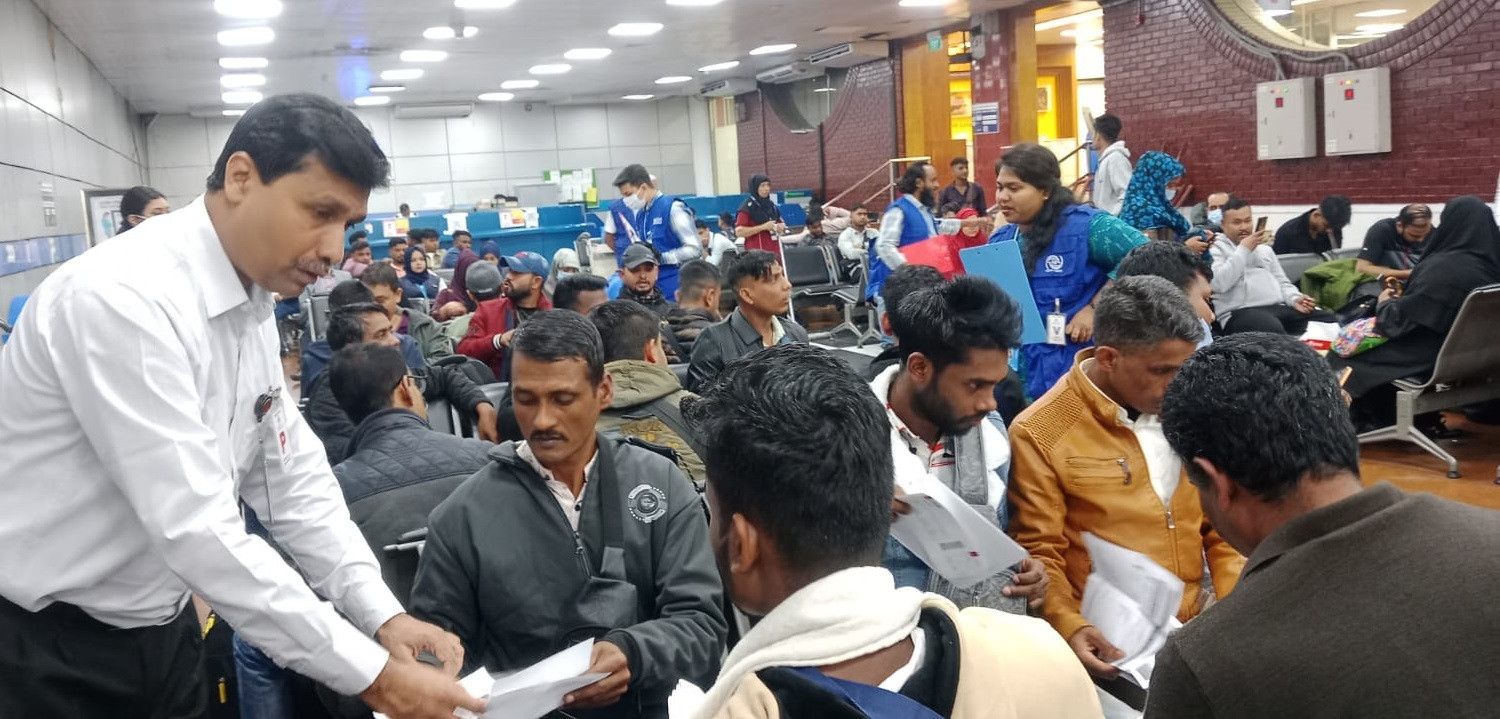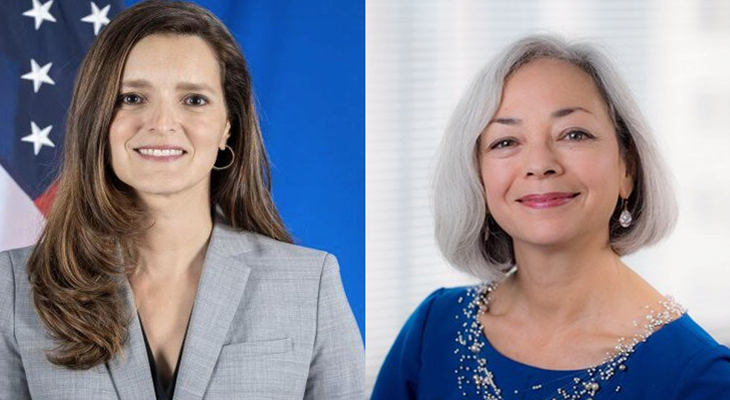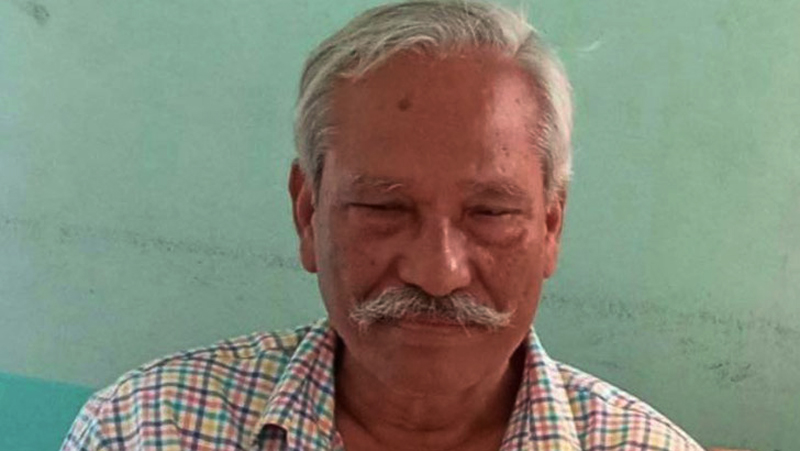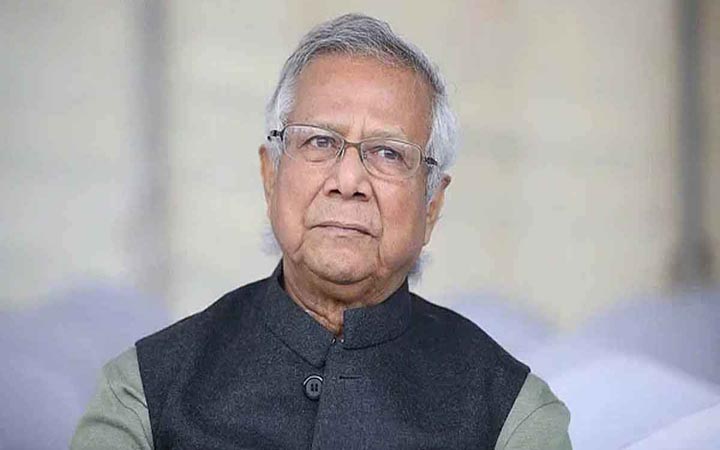The Bangladesh Bank on Monday took another step towards building a cashless society and bringing unbanked micro-traders and service providers under the digital financial ecosystem by allowing banks and mobile financial service operators to open personal retail accounts.
The central bank issued a circular in this regard on the day stating that the policy would help to build a digital payment ecosystem in the country along with bringing micro and small traders, marginal traders and service providers under the formal economy.
BB executive director Mohd Humayun Kabir told New Age, ‘The move to allow micro traders to use formal banking or MFS channels for receiving small payments would lead the country to build a cashless society.’
Under the existing payment system, people can receive payments through MFS accounts but cannot spend it everywhere by using the accounts as it requires cashing-out for spending, said BKash corporate communication head Shamsuddin Haider Dalim told.
Although small and micro traders and marginal sellers and service providers are playing a vital role, it is still tough for them to open bank or MFS accounts under the existing system, the BB circular said.
As a result, people were using cash to make payments to such traders while the traders were also using cash in their supply chains, it said.
The newly introduced system would enable people to spend their money digitally without cashing-out from their accounts, it said, adding that it was another step forward in ensuring a digital financial ecosystem which had already been implemented in China, India along with the western countries.
In the past, there was no scope for opening personal retail accounts that would allow small traders to open and receive micro payments.
The new accounts would enable MFS users or bank customers to pay for purchases of kitchen market commodities like fish, vegetables and other grocery items by scanning QR codes.
Traders of tea stalls and even rickshaw-pullers would be able to open such accounts to receive payments.
Previously, micro and small traders, marginal traders and service providers had no scope of opening merchant bank accounts that would enable receipt of small payments as submission of tax identification number, value added services registration and licences were required for opening the accounts.
Under the new policy, there would be no requirement to provide TIN, VAT registration numbers or any other documents except for the attestation of a local public representative or certification from a local professional body and the NID number.
However, such accounts must be opened under the direct supervision of officials of MFS operators or representatives of the entity.
For MFS accounts, services like cash-in, fund transfer and add-money cannot be access from personal retail accounts.
Money from such accounts can be transferred to the retailer’s own bank account and also cashed out.
There would be no limit on the number of transactions in receiving payments from personal, retail and merchant accounts.
However, retailers would be allowed to receive up to Tk 30,000 in a day and up to Tk 5 lakh in a month from personal accounts and retail accounts while the monthly limit on receiving money from retailers and merchants would be Tk 3 lakh.
The central bank also imposed a limit on payments, send money, cashout and retail-to-bank account from personal retail accounts while the limit on the balance on such account would be Tk 5 lakh.
In Monday’s circular, the central bank asked banks to facilitate personal retail banking service from their banks as well as from their agent banking wings using current accounts.
However, the balance must be within Tk 10 lakh at any time and the transaction must be within Tk 10 lakh in a particular month.
The central bank also instructed all payment service providers to facilitate the opening of personal retail accounts by using their e-wallet services.
Monthly transaction limit of PSP transactions would be Tk 10 lakh while the balance on such accounts must not exceed Tk 5 lakh at any time.
The central bank asked the MFS operators and PSPs to take measures to ensure the security of the transactions and adopt the two-factor authentication.


